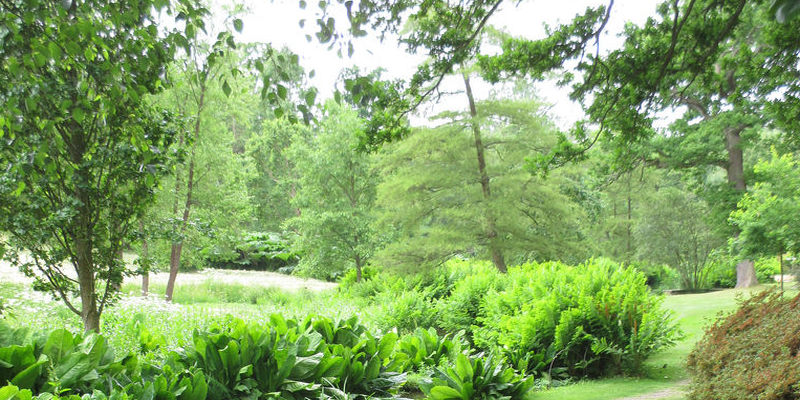Famous for aromatic white flowers and as hairpieces to jazz singer Billie Holiday, gardenias (Gardenia angusta) are ornamental shrubs with shiny wax like, dark-green leaves. They they might need lots of treatment and fare best in partial shade and well-drained soil. Several kinds of bugs prey on gardenias marring the plantâs appealing flowers. Signs of injury include bud fall leaves, stunted development, sooty mould development and wilting.
Insecticidal Soap
Insecticidal soap is a gentle, lowâtoxicity pesticide used to to manage several soft-bodied enemies of gardenias including aphids, spider mites, scales and whiteflies. It rids the plant of mould that develops when honey dew is produced by bugs. The soap destroys cell membranes and reduces the protective coverings of bugs. Gardeners spray options of soap entirely on bugs that congregate on leaves and under sepals. Consumers can select from a large number of of items with soap which can be packaged as ready-to use concentrates.
Horticultural Oils
Horticultural oils derived from petroleum and neem trees offer reduced-toxicity pesticide options to combat infestations. Oils target a lot of the pests as soap. The best times to use oil are late night and morning. The oil suffocates bugs that congregate on the undersides of leaves as well as in difficult to reach areas like buds that are inside. Consumers can purchase ready-to use spray oils from garden shops.
Chemical Pesticides
For serious infestations of difficult to eliminate pests like weevils and beetles, gardeners might cause chemical pesticides. Chemicals commonly present in pesticides which can be applied to gardenias contain acephate, bifenthrin, carbaryl, lambda cyfluthrin, cyhalothrin, malathion, permethrin, imidacloprid and spinsosad. These chemicals harm the nervous systems of pests including scales and aphids, creating death and paralyzing them. Gardeners consider chemical pesticides a last resort remedy since they also kill pollinators and beneficial insects like ladybird beetles, honey-bees and their larvae, parasitic wasps and lacewing. Manufacturers who hold patents market them under different name-brands. Chemical pesticides are available as concentrates for dilution or as spray options that are pre-mixed.
Pest Prevention
For gardenia lovers, the aromatic and aesthetic advantages of the plant outweigh its high-maintenance. Maintaining a healthful plant is the first protection against the need as well as pests. Gardenias prosper in temperatures above 6 F. A soil combine that is non-alkaline is best along with fertilization that is bi-weekly. Keep the s Oil moist and search for for bugs weekly.
